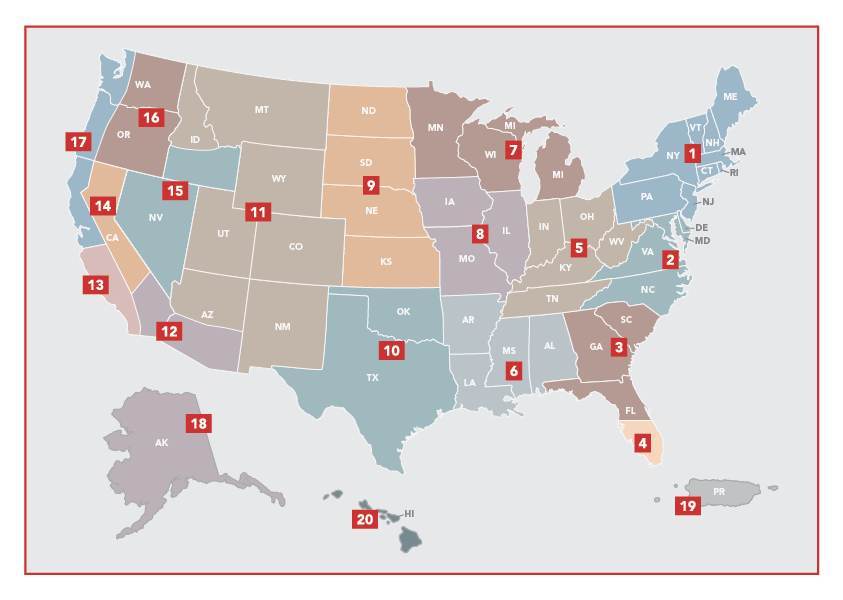IMMUNOCAP ALLERGY TESTING
With ImmunoCap testing, healthcare providers have the necessary information to help evaluate patient’s risk of potential reaction. Please speak with your sales representative or click the link below to download allergy testing resource.
DOWNLOAD




















